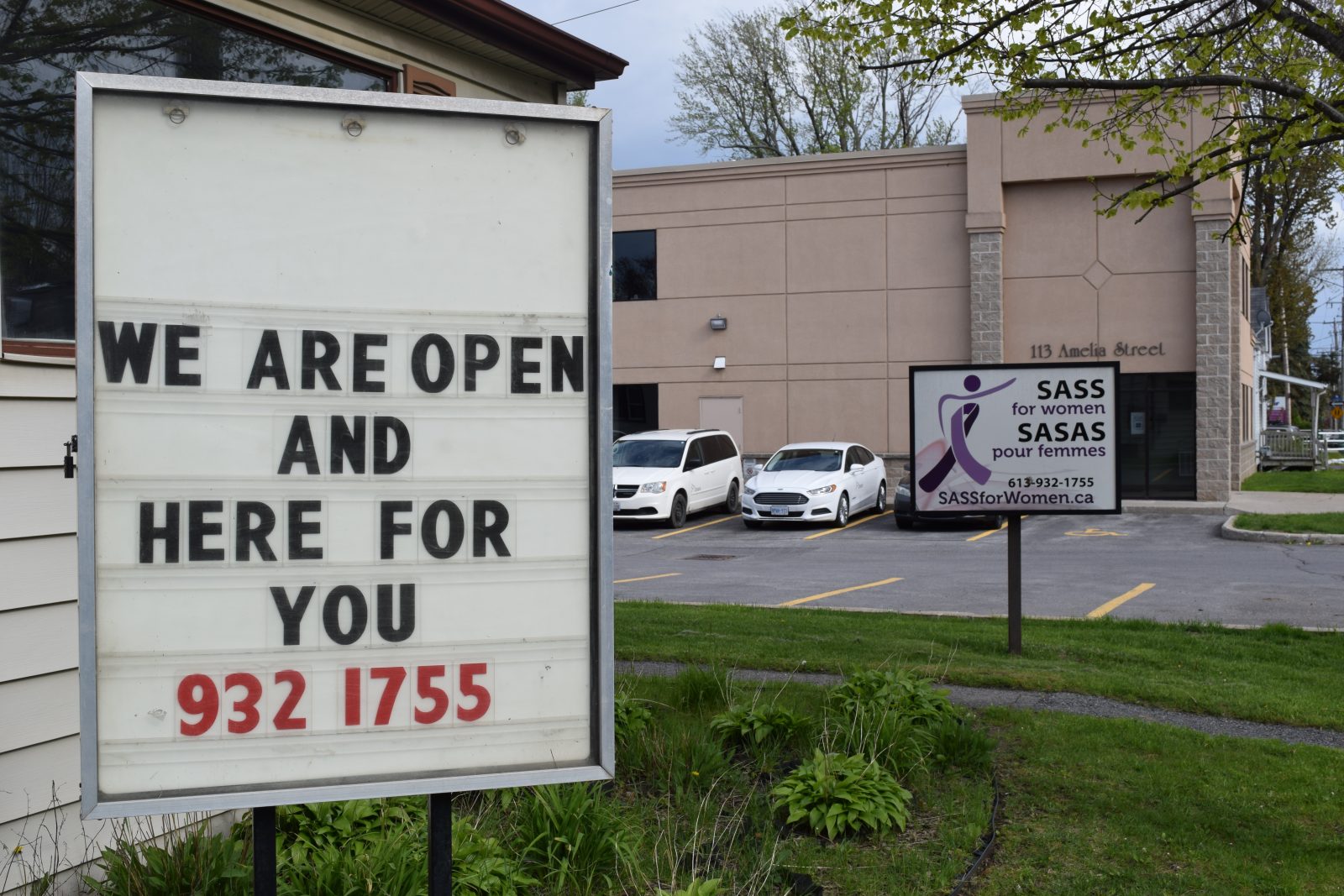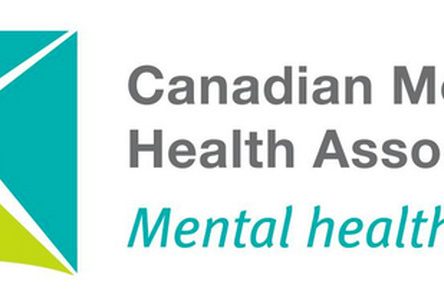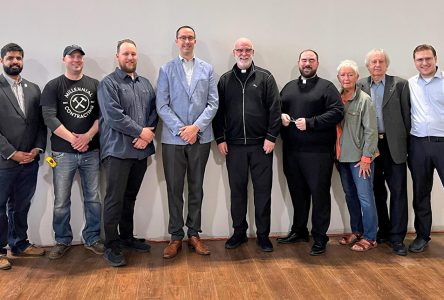CORNWALL, Ontario – Its been called the silent pandemic. More than a year after the COVID-19 pandemic hit the region, workers in crisis organizations like Sexual Assault Support Services (SASS) for Women, the Children’s Aid Society (CAS), and Maison Baldwin House say that they are starting to see the pandemic strain the mental health of the public and it is a problem that is becoming a pandemic in and of itself.
Angela Vinet of SASS for her part says that her organization is seen an increase of 126 clients from the same time last year and that they currently have nearly 400 active clients they are working with.
“There is an increase in violence that we are seeing with sexual assaults and we are seeing increased levels of violence in the home,” she said.
Vinet explained that a part of the problem is that with the current lockdown and stay-at-home order, individuals are stuck in the home, which can create tension, but also makes it harder for victims to escape their abusers.
“For our organization, we want to continue with our services as close as we usually do, but unfortunately we can’t meet in-person,” she said. “We are hearing from our clients that their biggest need is to connect and it isn’t the same over Zoom.”
Vinet said that among her clients she was also seeing an increase in drug abuse as well as self-harm.
“I’m terrified,” Vinet said. “When COVID passes, healthcare will go back to normal, but in mental health we are going to see an increase in stays at women’s shelters and homeless shelters.”
In April of 2021 the Eastern Ontario Health Unit (EOHU) and the Cornwall Police Service (CPS) warned of an increase in drug overdoses in the region.
“Opioids are endangering the lives of vulnerable members of our community and we are dependent on everyone to take this messaging seriously,” said Inspector of CPS Field Operations, Chad Maxwell. “We are asking the public to please help us spread the word to friends and family members who suffer from addiction and opioid use disorder to assure them that help is available.”
For CAS, the story is similar.
“We are seeing a reduction in referrals right now, but that isn’t necessarily a good thing,” said Rachel Daigneault, Executive Director of CAS of the United Counties of SD&G. “When children go back to school, we will see an increase. This third lockdown is quite hard to manage.”
Daigneault said that among her young clients, there has also been an increase in substance abuse and opioid overdoses and that it has become a significant concern for her organization.
Debbie Fortier, Executive Director of Maison Baldwin House said that her organization saw a spike in women coming to the shelter during the second wave, many of whom had been victims of human trafficking. In the most recent wave, she says that things have been quieter, but that the pandemic has presented different challenges.
“Our numbers haven’t changed that much, but I feel that will increase when things begin to open up,” she said.
The pandemic has been a contributing factor to a sellers housing market in Cornwall and the surrounding area, leading to homes being sold for high prices and quickly, Fortier said that this has made it harder for her organization to find homes for women and their children staying at the shelter. Additionally, due to public health concerns, women and their children coming into the shelter are being asked to quarantine in their room for 14 days, which Fortier explained is difficult, especially with young children. She said that Maison Baldwin House had put TVs and desks in rooms to help with the isolation.
Fortier also said, that the women who are coming into the shelter are more stressed that she had typically seen previously.
“In terms of mental health, I think it is really weighing on women,” she said. “They are coming to us with a heavier load.”
It is not just women and children however, but men as well. Seaway News spoke with Rev. Dan Hayward of the Ingleside-Newington United Church said that he was aware of three men in his congregation who had committed suicide and that he could think of eight other cases of male suicide in the region.
“In one case, a lot of activities that the man would take part in like hockey and so on couldn’t happen because of the lockdown,” he said. “People aren’t able to get together and family members are finding it harder to support members who are struggling.”
Hayward said that rural areas need stronger mental health support and that the stigma around getting help for mental health issues still need to be brokendown.
“Some of these have been a complete surprise,” he said. “Other times, you can see people are struggling, but they don’t know where to turn for help.”
Dr. Paul Roumeliotis, Medical Officer of Health with the EOHU stated that he was aware of the mental health issues facing the region, and the concerns of local crisis organizations, but stated that he had to weigh the outcomes of implementing public health measures when fighting a virus like COVID-19.
“We’re very concerned about it (mental health), we know staying at home increases it and potentially makes it worse. You gotta weigh the consequences of doing strict measures versus not doing them,” he said in a conference call with the media on April 19.
Those struggling with mental health can find support through the Cornwall Community Hospital, Equipe Psycho-sociale, and more. Those in need of SASS‘ support can find information as well as their crisis-line on their website, and the same is true for CAS and Maison Baldwin House.





